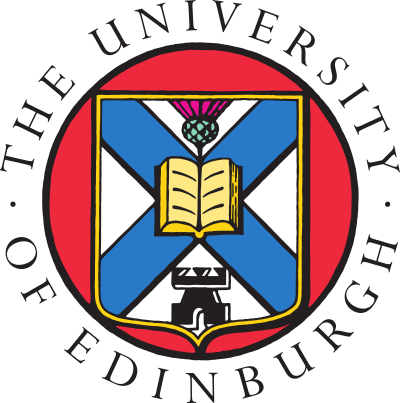
Transcript: You will be asked to provide transcripts of your academic record to support your application. Transcripts should provide full details of the degree class and grades you received in each unit or module. If these documents are not in English they should be accompanied by a formal certified translation into English provided either by: the awarding institution a sworn translator (this would be a translator sworn before a court in a non-UK jurisdiction) a Fellow (FITI) or Member (MITI) of the Institute of Translation and Interpreting (ITI), who may self-certify the translation Personal Statement: You will need to submit a personal statement of around 500 words, outlining your academic history and relevant experience. Your personal statement is an important part of your application: it will help selectors to decide whether you are good match for the programme you have applied for and, just as importantly, whether the programme is right for you. Areas to cover Your personal statement gives you the opportunity to outline your academic history and relevant experience in order to demonstrate that you are a suitable candidate for the programme you have applied for. You should also use your personal statement to outline your motivation for your chosen area of study. Try to answer questions such as: Why are you interested in studying at Edinburgh? Why have you chosen this particular programme? What are your career plans, and how will your studies support these? If you have any other relevant experience, for example paid or voluntary work experience or additional qualifications not stated elsewhere, then please include this information in your personal statement, or you can add it to the “Relevant knowledge/training skills” field in the application form. If you are applying for more than one programme you should write a tailored personal statement for each of your applications. This enables you to refer to the specific programme you are applying for and to highlight how your academic background and skills make you suitable for this particular programme. Length and writing style Your personal statement should be no more than 3,500 characters (approximately 500 words) in length and should be written in formal English, using appropriate grammar and punctuation. It is a good idea to ask a friend to proofread your statement for you before you submit your application. Recommendation Letter: Academic references – Referee email address must be institutional (i.e not a public email account). Uploaded references must be dated within one year of submission, on institutional letterhead, signed in pen (not a signature image) and in a non–editable format. Research Proposal: A research proposal helps us assess both your suitability for a research degree and whether we can offer supervision. It can also be used to apply to external bodies for funding. For most of our research degrees and professional doctorates you will be required to submit a research proposal as part of your application, unless you have been advised otherwise. How to write your research proposal Whether you are limited to one page (as part of a University application or enquiry form) or are required to produce something more substantial for an external funder, the rules about writing a good research proposal are the same: you want to stand out from the crowd and have the best chance of being selected.

 微信咨询
微信咨询

 在线咨询
在线咨询
 电话咨询
电话咨询
 免费评估
免费评估
 公众号
公众号











 【无忧留学香港录取】211院校,喜提香港城市大学传播与新媒体硕士offer!
【无忧留学香港录取】211院校,喜提香港城市大学传播与新媒体硕士offer! 恭喜王同学斩获阿尔伯塔大学offer
恭喜王同学斩获阿尔伯塔大学offer 恭喜王同学斩获多伦多大学录取offer
恭喜王同学斩获多伦多大学录取offer 恭喜李同学斩获多伦多大学offer
恭喜李同学斩获多伦多大学offer 恭喜王同学斩获麦克马斯特大学
恭喜王同学斩获麦克马斯特大学 恭喜陈同学斩获麦克马斯特大学offer
恭喜陈同学斩获麦克马斯特大学offer